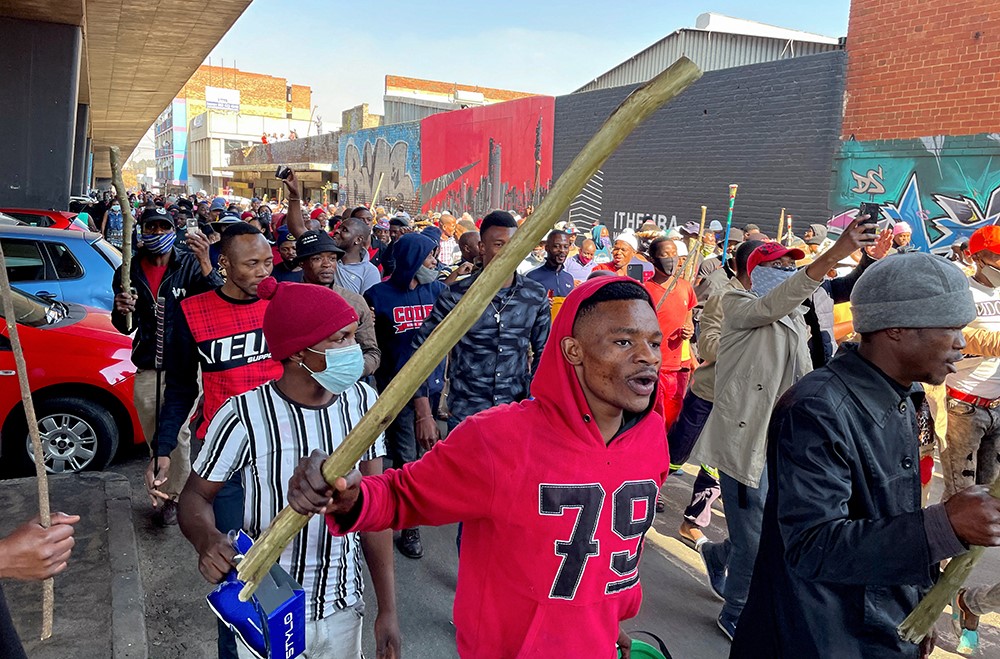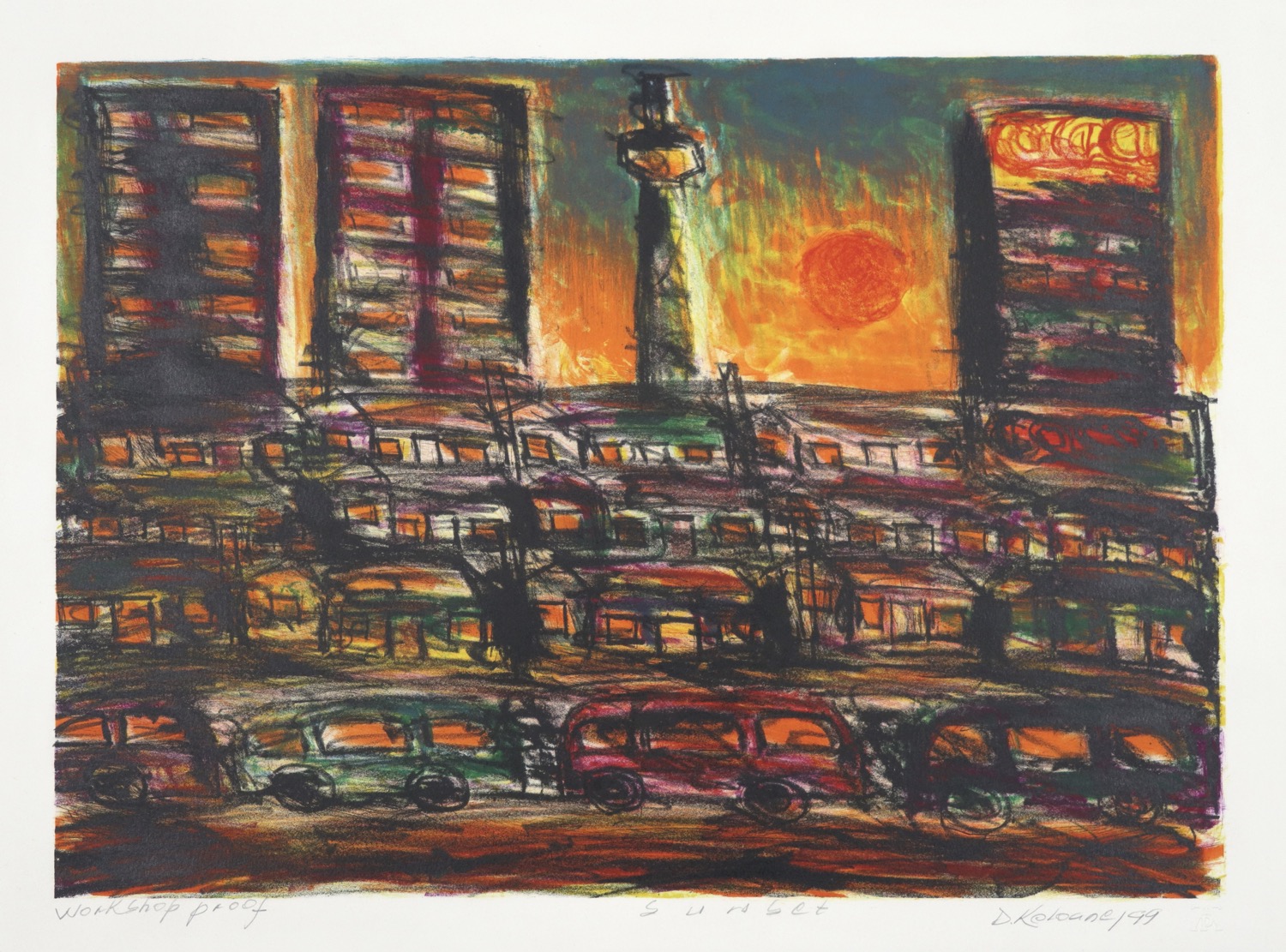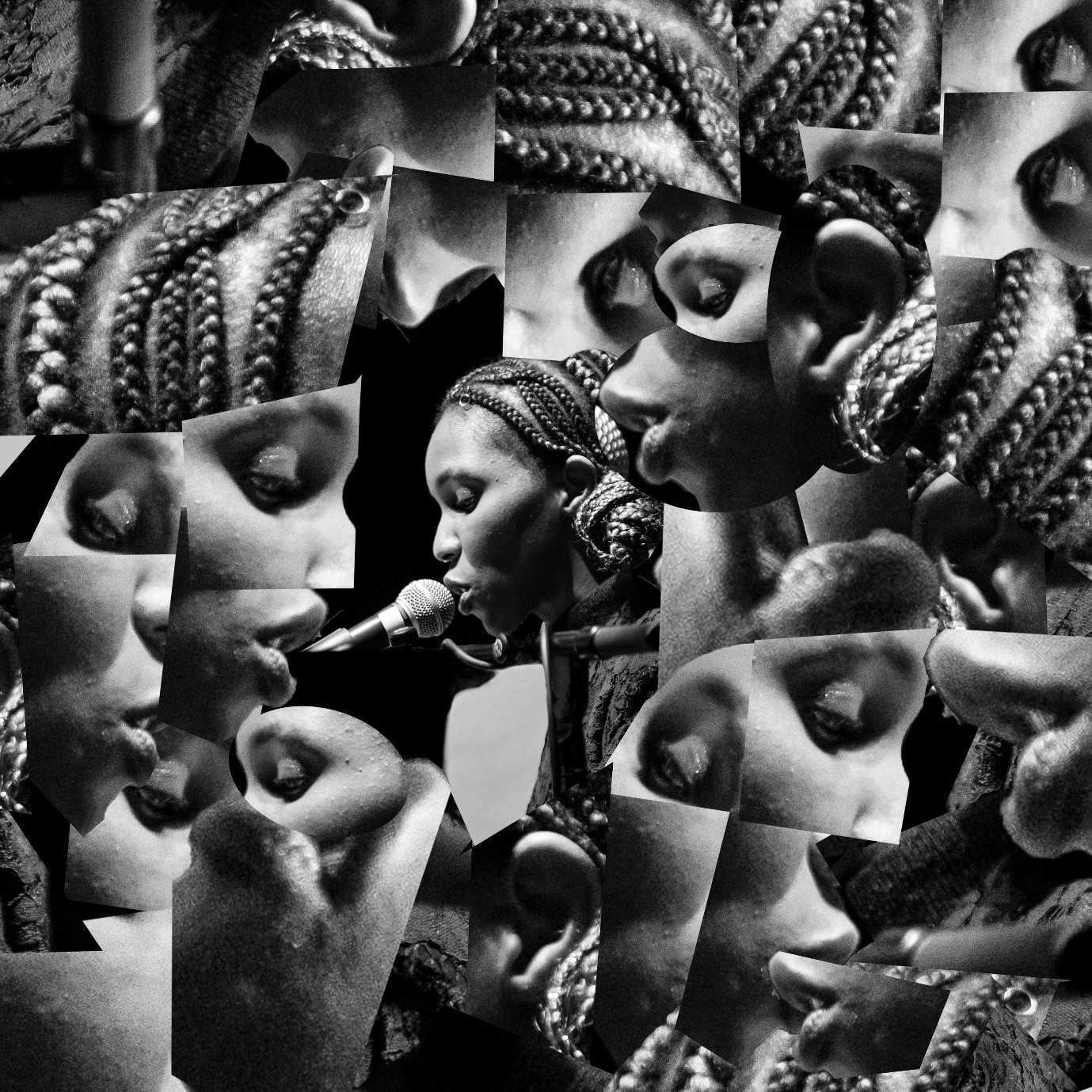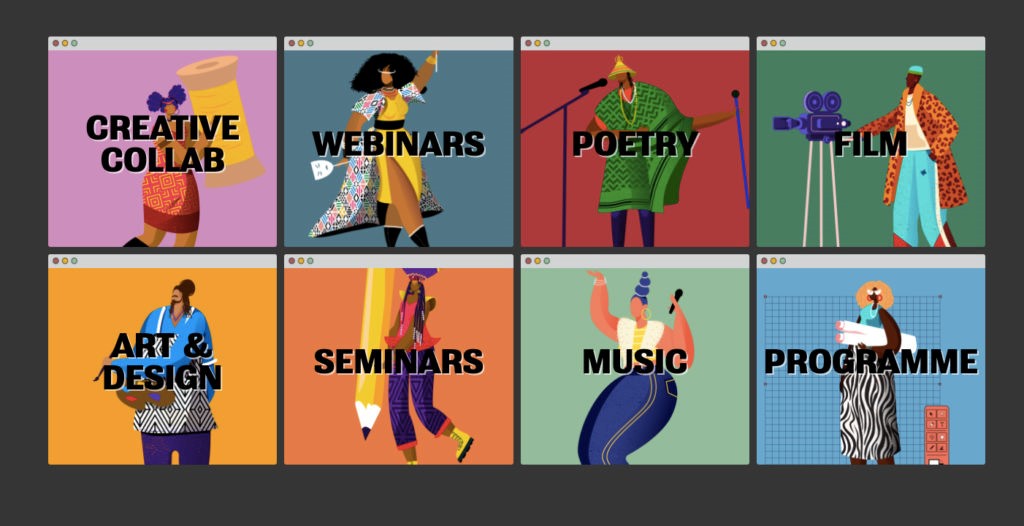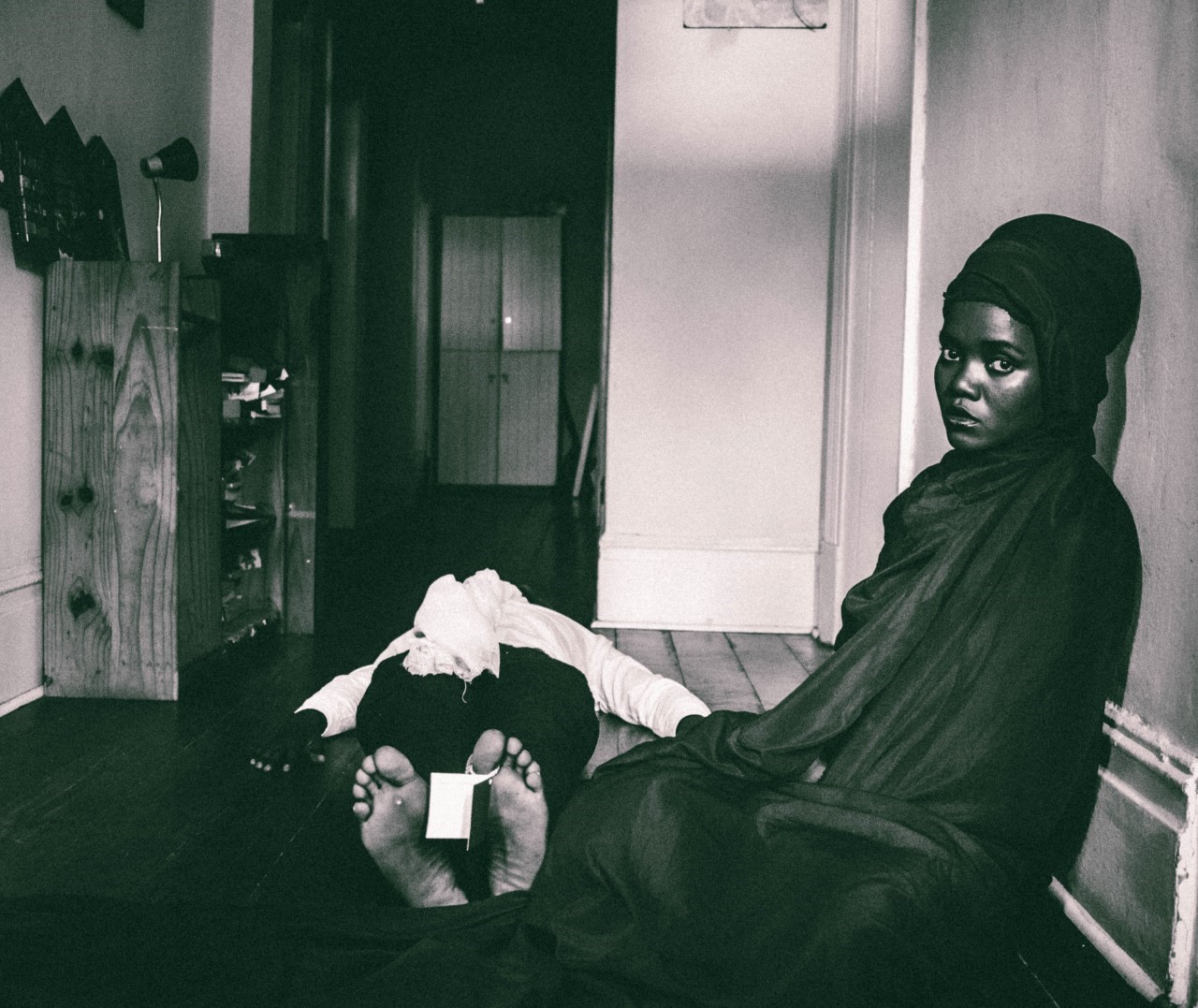The upcoming elections in South Africa in 2024 are unlikely to serve the interests of the people. Instead, they are poised to benefit the capital bosses. This assertion can be understood through a Gramscian-Marxist analysis, which highlights how the ruling class maintains its power and control over society. This perspective explores how the elections are likely to perpetuate the dominance of the capital bosses and further marginalize the interests of the populace.
Antonio Gramsci, an Italian Marxist philosopher, developed the concept of hegemony to explain how the ruling class maintains power through the control of ideas, values, and institutions in society. In South Africa, the capital bosses, who control the means of production and the economy, exert significant influence over the political system. Through their economic power, they shape political discourse, influence policy decisions, and ensure that their interests are prioritized over those of the working class.
Marxist theory also emphasizes the role of the state in serving the interests of the ruling class. In South Africa, the state is often seen as a tool of the capital bosses, who use their economic power to influence political decisions and maintain their dominance. This is evident in the close relationship between big business and the government, and the ways in which economic policies benefit the wealthy elite at the expense of the working class.
The upcoming elections in 2024 are unlikely to challenge this status quo. Major political parties in South Africa are largely beholden to the interests of the capital bosses, who provide them with financial support and influence over policy decisions. Consequently, the political landscape is dominated by parties that prioritize the needs of the wealthy elite over those of the working class.
The deep-rooted corruption and inefficiency that have plagued the South African political landscape for many years further contribute to this pessimistic outlook. Despite promises of change and reform, the ANC-led government has failed to address these issues effectively, leading to a lack of trust and confidence in the political system. This has created a sense of disillusionment among the electorate, who feel their voices are not being heard and their needs are not being met.
The proliferation of political parties in South Africa has led to a fragmented political landscape, with each party vying for power and influence. This fragmentation has resulted in a lack of coherent policy proposals and a focus on political rhetoric rather than concrete solutions to the country's pressing issues. Infighting and power struggles within the ANC have exacerbated this situation, leading to a lack of unity and cohesion within the ruling party.
The rise of populist and extremist movements, such as the Economic Freedom Fighters (EFF), has further polarized the political debate in South Africa. While these parties may claim to represent the interests of the downtrodden and marginalized, their divisive rhetoric and confrontational tactics have only served to deepen societal divisions. This polarization makes meaningful dialogue and cooperation difficult, further hindering the prospects for positive change.
Moreover, the electoral system in South Africa is designed to favor the interests of the ruling class. The proportional representation system tends to benefit larger parties with more resources and support from the capital bosses, making it difficult for smaller parties that represent the interests of the working class to gain a foothold in the political system.
In conclusion, the 2024 elections in South Africa are unlikely to serve the interests of the people but rather those of the capital bosses. A Gramscian-Marxist analysis reveals how the ruling class maintains its power and control over society, using their economic influence to shape political decisions and prioritize their interests. Without a fundamental shift in the political landscape, the working class will continue to be marginalized and exploited by the wealthy elite.



